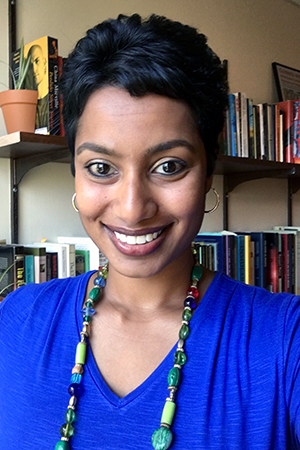Faculty Profile
Sheela Jane Menon
Associate Professor of English (2016)Contact Information
East College
717-254-8719
Bio
Sheela Jane’s research centers on questions of race and identity in Malaysian literature and culture, and is informed by her upbringing in Malaysia, Singapore, and Honolulu. Her current book project, Malaysian Multiculturalism: Reading Race in Contemporary Literature & Culture, analyzes a new cultural archive from Malaysia consisting of Indigenous (Orang Asal) oral histories and multimedia texts, as well as novels, films, and public performances by Malay, Chinese, and Indian artists. This project examines how cultural producers are reimagining multicultural citizenship across a diverse range of genres and contexts. Her work has been published in ARIEL: A Review of International English Literature, Verge: Studies in Global Asias, The Diplomat, The Conversation, and New Mandala. In the classroom, Sheela Jane teaches Asian American, Postcolonial, and World Literature.
Education
- B.A., The University of Hawai'i at Mānoa, 2008
- M.A., The University of Texas at Austin, 2013
- Ph.D., 2016,
